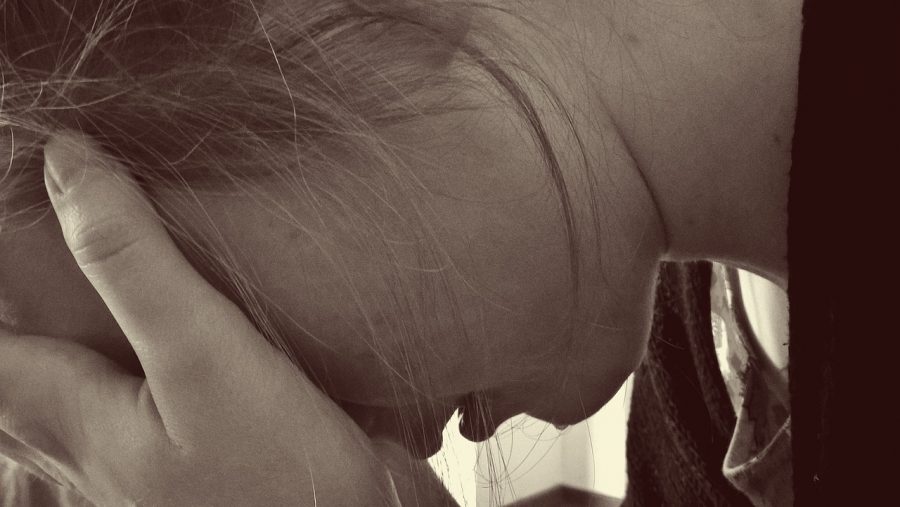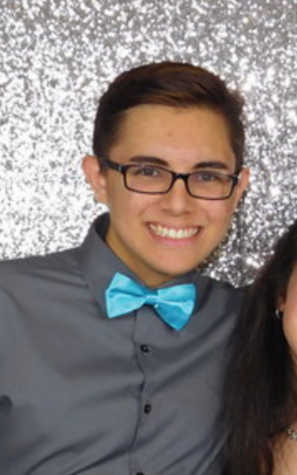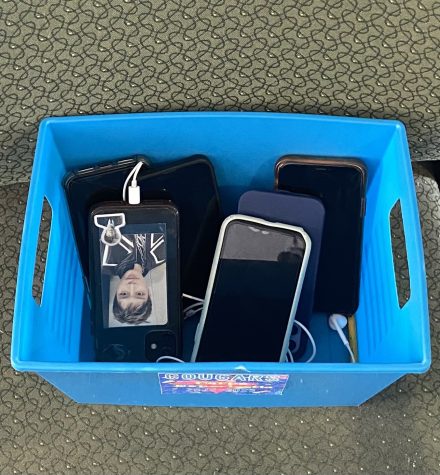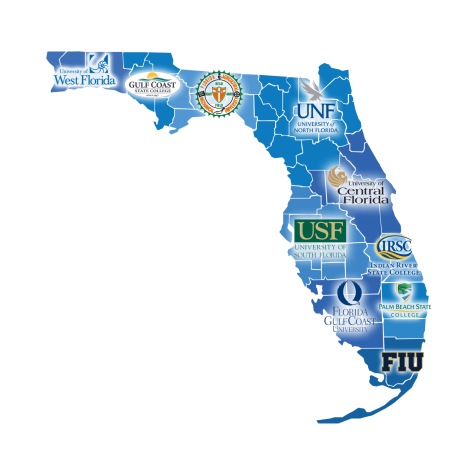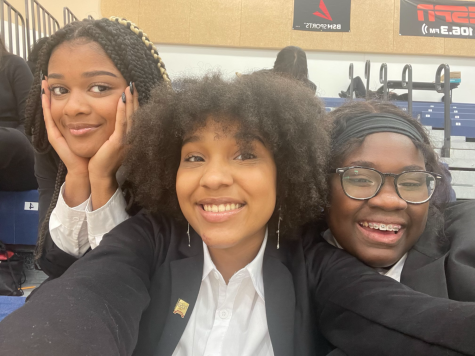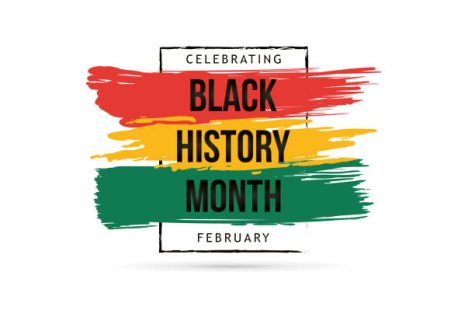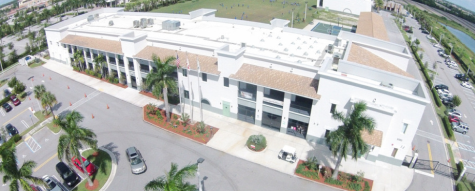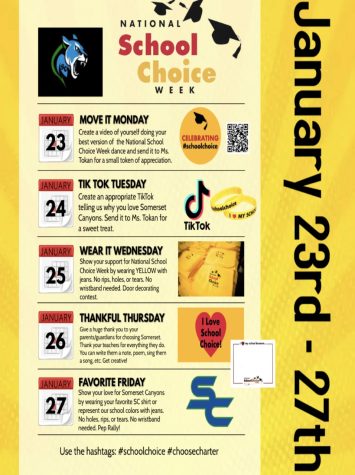Harmless or Harmful?
February 28, 2018
*Names changed to protect identity
In a society focused on a healthy habits for a healthy life, we tend to forget an important aspect of achieving this goal. Whether it is on social media, television shows, a movie, or any social event, one of the major components of life on a day to day basis is relationships. Relationships can include anything from family, friends, and/or partners that we are able to connect with in some way. They are there to share experiences with you, have conversations with, and make life a little less lonely overall. While everyone has those people who they love so much and would go through thick and thin with, there are those who do not feel the same. “A relationship where either physical or mental bruises are covered up by the words ‘I love you’,” said Somerset student Casey Parker*, is what some would describe as “toxic”, or in some cases “abusive”.
People tend to think that these types of relationships only involve physical abuse or violence, but that is not the case. According to healthscopemag.com, a toxic relationship is defined as, “a relationship characterized by behaviors on the part of the toxic partner that are emotionally and, not infrequently, physically damaging to their partner.”
Abuse can include anything from physical fighting and violence, to emotional mistreatment, verbal degrading of a person, controlling behavior, sexual misconduct, and anything and everything in between that happens on a constant basis. Of course, many relationships are going to involve arguments and/or fighting, which is normal and healthy, but not when the fighting becomes more frequent and becomes a threat to your safety and security.
For those who have previously been in a toxic or abusive relationship, it is easy to recognize it when you see it, but for those who have not been in one or are currently in one, it is a bit harder. Most people would deny that they are in an abusive relationship because it is either all that they know, or they are blinded by love. Mrs. Smith, one of the high school guidance counselors, stated that, “When you are really good friends with someone or in a relationship with someone, it’s easier to look from the outside in, than when you are actually in the relationship, because, like in domestic abuse, the two people can be in love with each other, and you think ‘Oh, maybe I’m overreacting, maybe it’s not important, maybe I’m thinking too much into it.’ I think that the one that is being abused always tries to find the good in the other person or is in denial.”
This confusion also comes with the fact that abuse is not sudden, but rather built up over time. The relationship may start with healthy, loving, and normal behavior, but then it can be altered into what would classify as abuse. Mrs. Berry, the high school medical program teacher, stated that, “The person [being abused] is trained to become controlled, so when [the abuser controls] a person, it might start with just ‘No, you can’t wear that’, and then it progresses: ‘No, you can’t hang out with that person. I’m the only person that will love you like this.’ They build on it, and over a period of time you don’t realize you’re being controlled, because you find out you think it’s love.”
Building up an abusive relationship is recognized by the “Cycle of Violence”. According to psychologytoday.com, the “Cycle of Violence” includes tension, attack, remorse, love, and repeat. The cycle may occur day-by-day, weeks at a time, or over a monthly period. Each time the cycle repeats, it gets worse and worse, to the point where it is too much to handle. The effects of the abuse can definitely take its toll on someone, leading to low self-esteem, depression and/or regression, poor grades and cooperation in class, trust issues and not feeling secure, anxiety, self-harm, and even suicidal thoughts and actions.
Toxic relationships can be traced back to many different things, but one of the main origins is technology and social media. With people posting about “#relationshipgoals” and a constant feed of couples, it is hard to see what is real love and what happens behind closed doors. Mrs. Berry also stated that, “The idea of a toxic relationship comes from what they’re looking at, and to [people looking at social media], the Kardashians are normal. They’re not, that’s a toxic relationship. So, when you have celebrities that are in toxic relationships, you think that’s normal.”
Recognition of an abusive relationship is not only the first step, but it is the most important step; If one can recognize that they are being abused, that is amazing for them and they are strong just for doing so. The hard part, however, is not defining an abusive relationship, but rather how to deal with and get out of it. Stephanie Wise, a junior at Somerset, stated that one of the steps to get out is, “Reaching out to your own family and friends. They understand your story and will help you through that process.” Mrs. Smith added to this, stating one should, “Ask for help: go to your family, your other friends, if you’re in a school, talk to your counselor, your teacher, go to the police. You have to do something.”
It will be hard to distance oneself from an abusive relationship, especially when it is with someone they love and care for, but just remember that all relationships change and there will be new people. You cannot give the abuser the benefit of the doubt, because if that person truly loved and cared for you, they would not have done it in the first place. Just remember that it is not your fault, you are strong for going through this, and you will make it out, but make it as soon as possible. Abuse only gets worse overtime, so please, if you are in a toxic or abusive relationship, take affirmative action.
